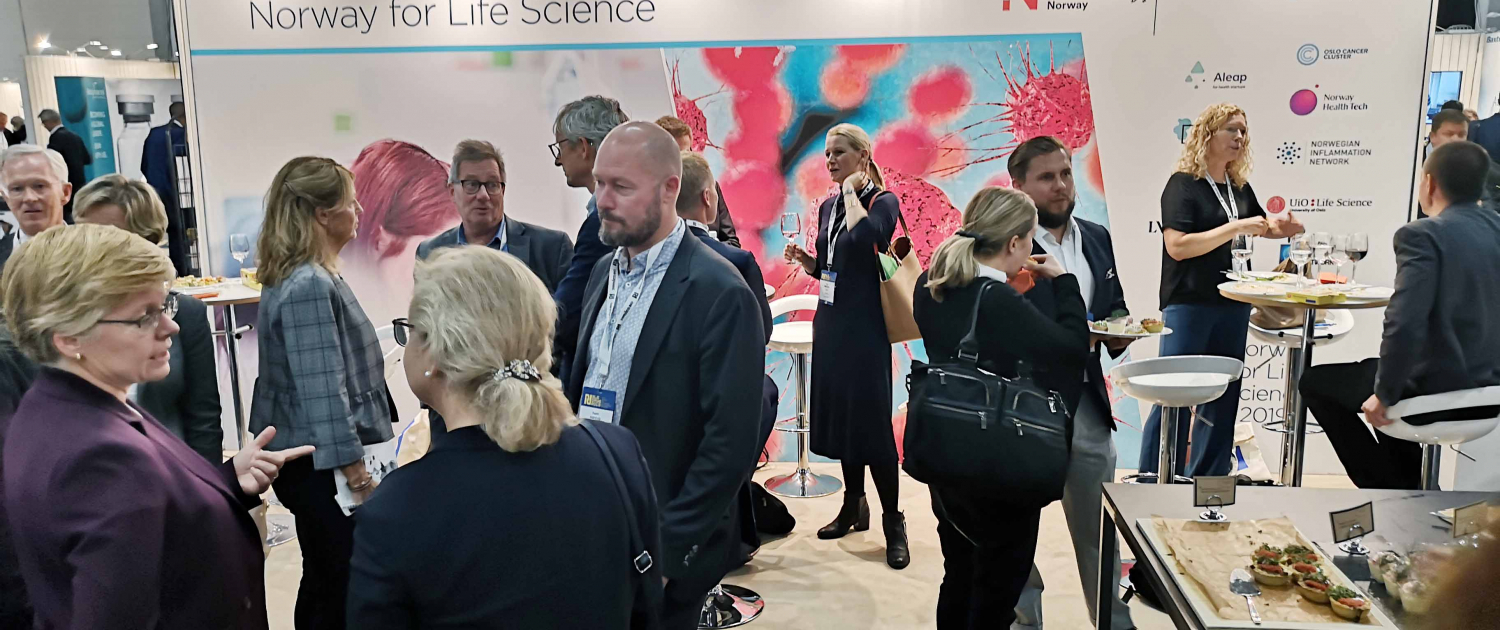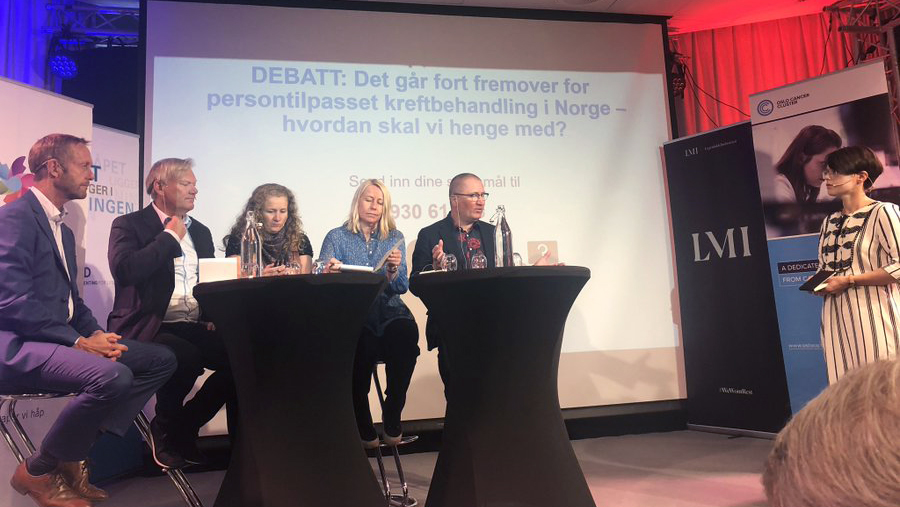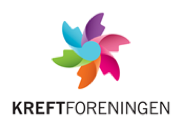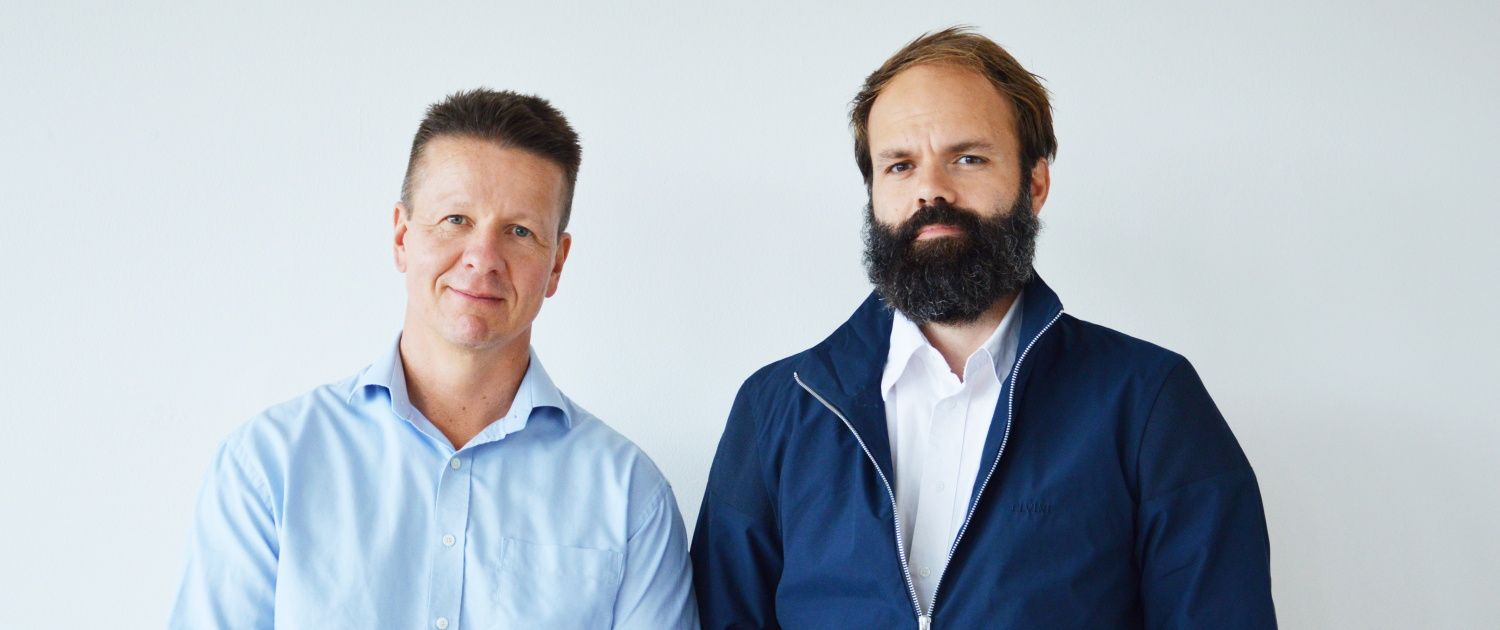Norway for life science

The biggest key players from the life science industry in Norway came together in Malmö with a common goal: to promote Norwegian life science and build Nordic collaboration.
The life science industry in Norway is booming and collaboration across Nordic borders is of increasing importance. That is why Oslo Cancer Cluster arranged the stand “Norway for Life Science” this year at the Nordic Life Science Days in Malmö.
Among the participants of the stand were governmental institutions, cluster organisations, private companies and academic institutions.
Promoting collaboration
On Wednesday, a delegation from the Norwegian Embassy in Sweden attended for an informal meet and greet with the Norwegian life science milieu. This was an excellent opportunity to share knowledge about Nordic cooperation and to strengthen joint activities within the life sciences.
See the video with Kirsten Hammelbo, Minister / Deputy Head of Mission, Norwegian Embassy below.
Standing together
The participants of the stand were altogether positive about the initiative and agreed it was a constructive platform to build new relationships. We asked some of the participants the same question: Why is it important for you to be here at NLS days?
“Our main focus here at NLS Days is Nordic collaboration, both public and private, to promote the life science industry.”
Catherine Capdeville, Senior Adviser, Innovation Norway“It is important to follow what is happening in the industry and in other innovation environments. We are here to nurture our existing contacts and find new partners.”
Morten Egeberg, Administrative leader, UiO Life Science“Firstly, it is important to show that Norway stands together. This is a significant meeting place. We consider the Nordic countries to be our home market, so we try to present what we do here. It is important for one actor to take responsibility, like Oslo Cancer Cluster does, so that we can collectively gather here.”
Anita Moe Larsen, Head of Communication, Norway Health Tech“In the long term, we have research projects where we are looking for contacts in the life science industry – both partners of collaboration and potential clients. We are here to promote the centre and let everyone know that we exist.”
Alexandra Patriksson, Senior Adviser, Centre for Digital Life“We are here to strengthen our collaboration with the best research environments in neuroscience. We want to show that the health industry in Norway is growing and what we can do when we stand together.”
Bjarte Reve, CEO, Nansen Neuroscience Network“We are happy to contribute to make Norwegian life sciences visible and to show what Norway can offer as a host country, and attract potential investors and collaborating partners in research and innovation. And especially to make visible and be a part of the Norwegian community in this field. It is unusual in Norway that so many different players, both public and private, stand together in one stand – with one common goal.”
Espen Snipstad, Communications Manager, LMI
Full list of partners:
- The Norwegian Embassy
- The Research Council of Norway
- Innovation Norway
- Oslo Cancer Cluster
- Norway Health Tech
- Life Science Cluster
- UiO Life Science
- Aleap
- Inven2
- Centre for Digital Life Norway
- Legemiddelindustrin (LMI)
- Nansen Neuroscience Network
- Norwegian Inflammation Network














